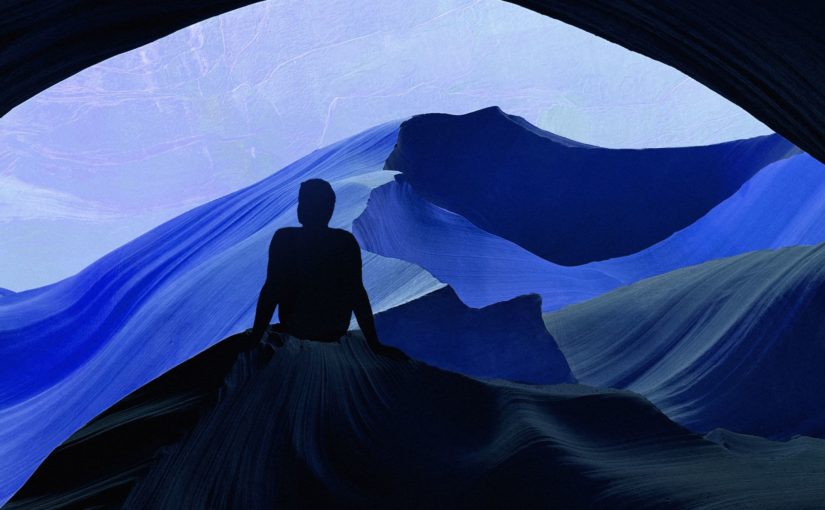The quote of the last week from my calendar is from Edmund Hillary: „It is not the mountain we conquer, but ourselves.“
This reminded me of many hikes and some climbing routes that I have done in the past and will probably do in the future. I like to hike, even cross-country, as long as it’s allowed. The hikes that I personally found the most enjoyable were the ones where I had to force myself to keep going. Either because my body thought it can’t take any more, even though there were only a few hundred metres to go to reach the destination, the weather conditions were extreme, such as hiking at minus 20 degrees in the Elbe Sandstone Mountains, or hikes where I overcame my fear of heights, such as the climbing trail we took to the summit in Schladming.
Each time I overcame a fear, a limit within myself, and had a wonderful feeling after I had made it. Maybe my knees were still shaking a little, or I had unspeakable sore muscles the next day, but conquering myself brought me feelings of pride, confidence and self-assurance. The belief in the sentence „I can do it if I believe in myself, want to achieve it and have (trained) the skills to do so.“ In the context of others, the following dimension of what is allowed and desired in order to reach the set goal, the mountain top, also belongs.
This corresponds to Lutz von Rosenstiel’s behavioural model. (source: Rosenstiel, L. von 1998). Wertewandel und Kooperation. In E. Spieß (Hrsg.), Formen der Kooperation. Bedingungen und Perspektiven (S. 279-294). Göttingen: Verlag für angewandte Psychologie)
The model states that behaviour is influenced by:
-
Individual volition, such as motivation and personal values,
-
Social permissions and requirements, such as the norms and rules of the context/environment in which we find ourselves
-
Situational facilitation, i.e. the conditions that can be conducive or inhibiting
-
Personal ability, which includes skills and abilities. The four factors influence each other and together form the behaviour shown.
We conquer ourselves when we consider whether we want to try something different that we haven’t tried before, acquire the missing skills, abilities, and then actually put them into practice.
It doesn’t have to be a mountain. It could be also learning to play a musical instrument and then giving a concert, trying out a new sport in a competition or climbing a mountain summit.
